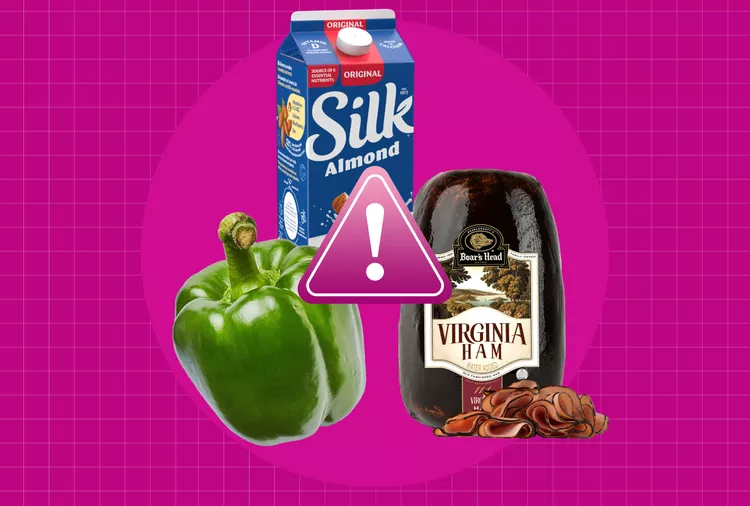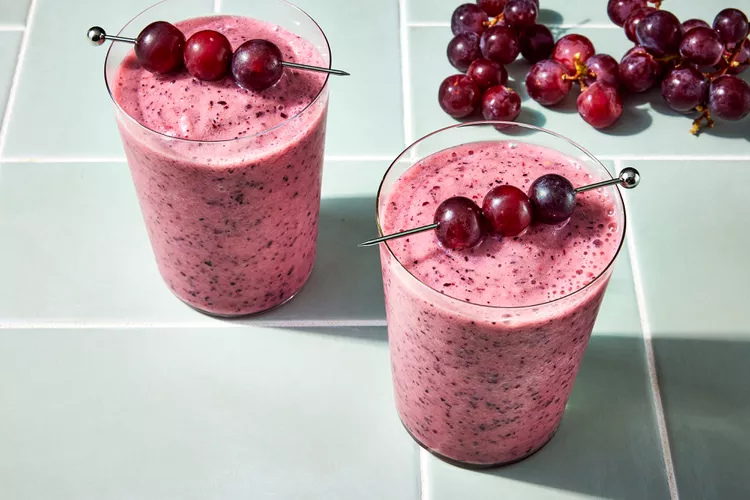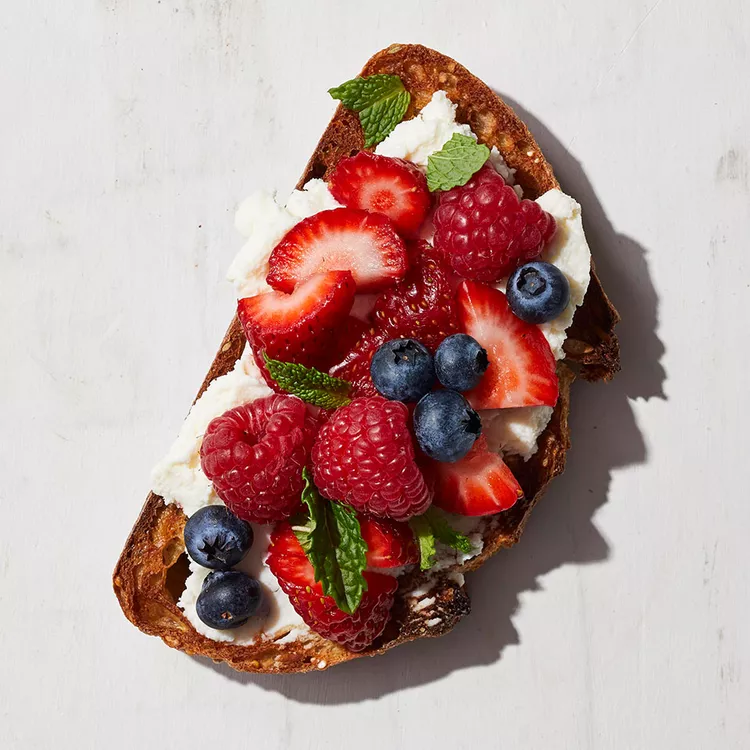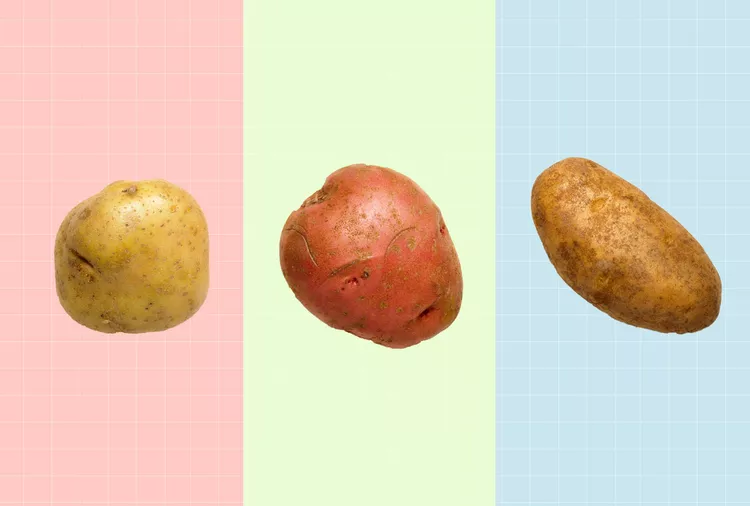Mozzarella Cheese is so popular in America that, in 2022, the average person consumed approximately 39.8 pounds of it. A YouGov America study of 8,815 Americans in 2021 found that the top three cheese preferences are mozzarella, American (sometimes called processed cheese), and cheddar, in that order What, then, makes mozzarella one of the nation’s most popular cheeses?
According to the US Department of Agriculture, each person consumes roughly 12 pounds of mozzarella year on average. Does mozzarella have any health benefits? Learn more about the nutritional value, health advantages, and applications of by reading
Contents
What Is Mozzarella Cheese?

Made from buffalo or cow’s milk, mozzarella is a soft, white cheese that can become firmer with age. It is a popular Italian cheese because of its mild flavor and subtle acidity, as well as its stringy texture that melts to a smooth consistency, making it ideal for a wide range of dishes, from pasta to salad. You can find mozzarella in grocery and specialty food stores in a variety of forms, including buffalo mozzarella, fresh mozzarella, smoked mozzarella, mozzarella balls, and mozzarella sticks.
Is Mozzarella Cheese Healthy?
Insights is a nutrient-dense food that offers many health benefits, such as helping to reduce the risk of osteoporosis. While many people think that all hard cheese is high in calories, fat and sodium, you may change your mind after learning more about the nutritional breakdown of mozzarella.
Mozzarella Cheese Nutrition
Each ounce (28 grams) of whole-milk mozzarella offers the following benefits, per the USDA:
- Calories: 85
- Carbohydrates: 1 g
- Fiber: 0 g
- Protein: 6 g
- Fat: 6 g
- Saturated Fat: 4 g
- Sodium: 138 mg
- Calcium: 143 mg (10% Daily Value)
- Phosphorous: 100 mg (8% Daily Value)
- Zinc: 0.8 mg (7% Daily Value)
According to USDA MyPlate, one ounce of mozzarella cheese offers about one-third of the recommended daily consumption of dairy products on a 2,000-calorie diet.
Health Benefits of Mozzarella Cheese
Good Source of Protein
Mozzarella has roughly 6 g of protein per ounce, which is comparable to the protein content of 1 ounce of cooked meat, poultry, or shellfish. Every cell in the body contains protein, which is a necessary food. It is essential for cell growth and repair and provides your body with energy. Additionally, protein is essential for the synthesis of hormones, enzymes, and antibodies that help the immune system fend off diseases and infections.
Less Sodium than Other Cheeses
If you are trying to reduce your intake of sodium, mozzarella might be the way to go. Compared to the same serving size of feta and Parmesan, mozzarella has less than half the sodium, with 138 milligrams per serving. This is roughly 6% of the daily recommended intake of 2,300 mg of sodium or less, according to the American Heart Association.
Sodium is an electrolyte that is essential for maintaining fluid balance and for the healthy operation of muscles and neurons. Since almost all foods include salt, choosing foods with lower sodium content could help you avoid consuming too much of it. Overconsumption of sodium can eventually cause kidney and cardiac problems, high blood pressure, and water retention.
Lower in Saturated Fat
The moisture level of mozzarella is higher and its total fat content is lower than that of many other forms of cheese. Although it contains a significant quantity of saturated fat, it is also lower than most cheeses. Consuming excessive amounts of saturated fat may raise the risk of heart disease. But according to a 2021 review published in the International Journal of Dairy Technology, there is mounting evidence that, when compared to other dairy products like milk and yogurt, the nutrients in cheese may actually reduce the risk of cardiovascular disease by balancing their fat content.
Until we know more, it’s best to follow the Dietary Guidelines for Americans’ advice for saturated fat, which recommends limiting it to no more than 10% of calories. In other words, if you eat a 2,000-calorie diet, the amount of saturated fat in one serving of mozzarella cheese contributes to about 2% of your total calories.
Contains Nutrients for Healthy Bones and Teeth
In addition to providing calcium, phosphorous, and zinc—all of which are critical for healthy bones—cheese may also offer additional tooth protection benefits. Eating hard cheese after a meal decreased the total number of bacteria linked to cavities, according to a 2022 Journal of Translational Medicine study.
Promotes Gut Health
According to a 2019 study published in Probiotics and Antimicrobial Proteins, probiotics such as Lactobacillus casei and Lactobacillus fermentum can be found in mozzarella cheese. Probiotics have an impact on the immune system and gut health. Combining mozzarella with fruits and vegetables is another technique for improving intestinal health.
How to Enjoy Mozzarella Cheese
The nutritional value of mozzarella is equal to its versatility. Because of its excellent flavor and ease of melting, it is frequently used in Italian and American cuisines. Chefs and household cooks alike adore the white soft cheese because it goes well with both savory and sweet dishes. For a wholesome lunch or snack, combine it with fruits, pesto, tomatoes, and other ingredients. Additionally, mozzarella is the ideal slicing cheese for flatbreads, caprese salad, and pizza.
In the shape of mozzarella sticks, you can also just consume mozzarella plain. Another way that some people like mozzarella sticks is by frying them in oil after coating them with panko breadcrumbs and egg wash. Even though almost all mozzarella cheese sticks are manufactured with part-skim cheese and have a low fat content, when they are fried in cooking oil, the calories and fat content increase. Try our Air-Fryer Mozzarella Sticks instead of the conventional frying process for a healthier choice. Eat fried mozzarella sticks in moderation, regardless of the cooking method you use.
The Bottom Line
Compared to many other types of cheese, mozzarella has less fat and sodium, and part-skim versions have even less fat overall and in particular. Similar to other cheeses, mozzarella is a wonderful source of calcium, phosphorus, and protein—all of which are necessary for overall health. From breakfast to dinner, mozzarella cheese can be found in a variety of cuisines, both savory and sweet.








